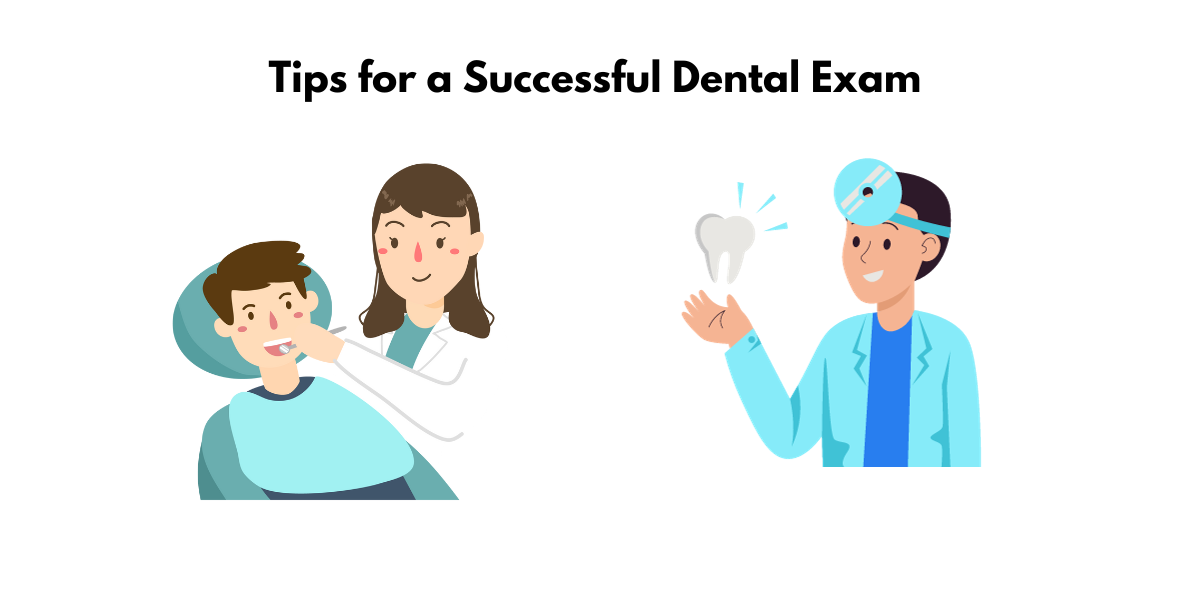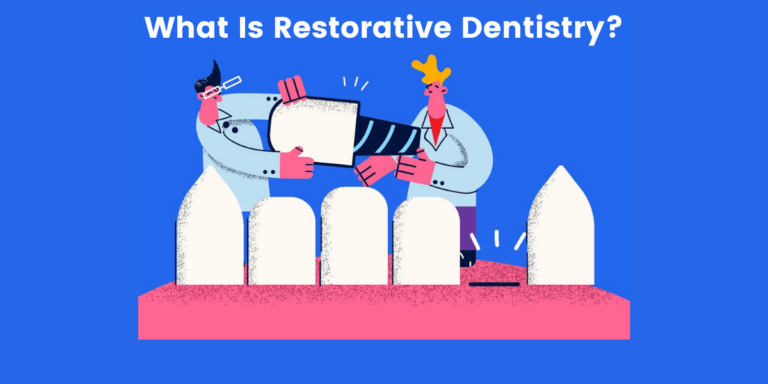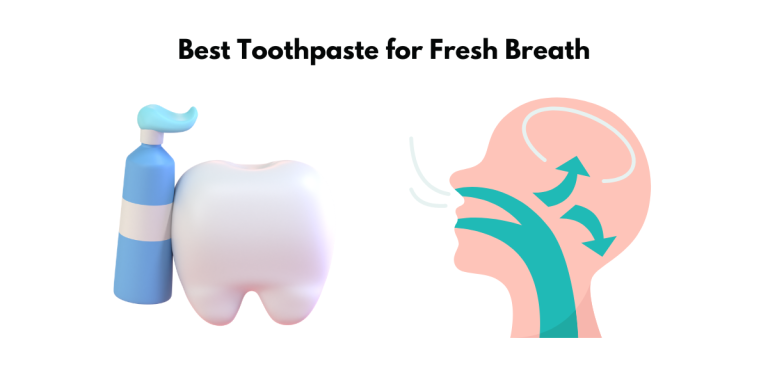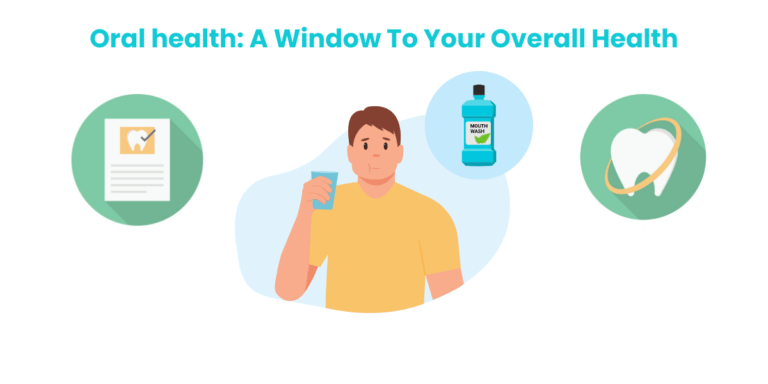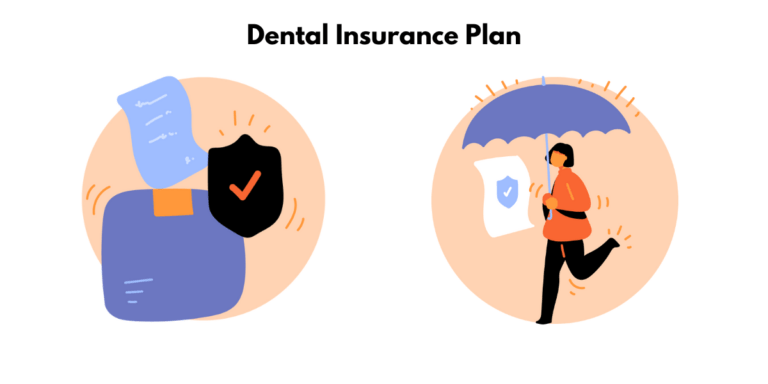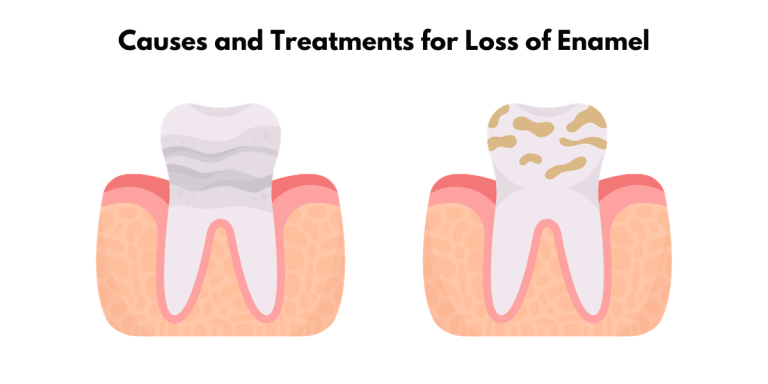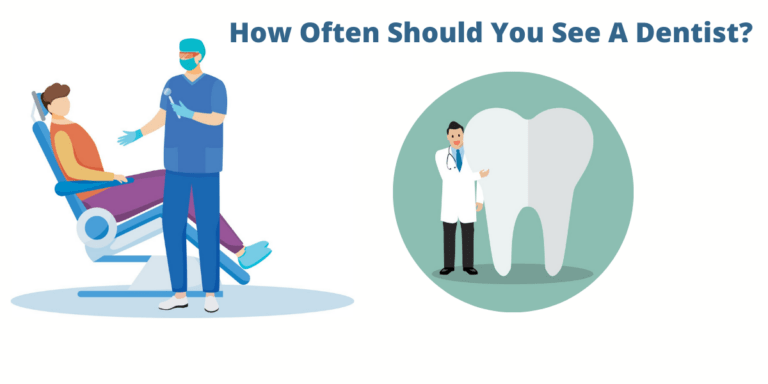What is a Dental Exam and How Often Should You Have One?
What is a Dental Exam?
A dental exam, also known as a “Periodic Exam”, is a routine screening process carried out by a dentist to detect any potential oral health issues in your teeth and gums. Like a comprehensive wellness check for your mouth, it’s an essential part of maintaining good oral hygiene. Here’s what is typically involved:
- Examination of diagnostic X-rays: These are crucial in detecting hidden issues like cavities, tumors, cysts, and bone loss, and they also help indicate tooth and root positions.
- Oral cancer screening: This entails checking the face, neck, lips, tongue, tissues, and gums for signs of oral cancer.
- Gum disease evaluation: This involves inspecting the gums and bone around the teeth to look for signs of periodontal disease.
- Examination of tooth decay: The dentist uses special instruments to check all tooth surfaces for decay.
- Examination of existing restorations: The dentist checks current fillings, crowns, etc. to ensure they are intact and functioning well.
Remember, regular dental exams are vital not only for your oral health but can also impact your overall health.
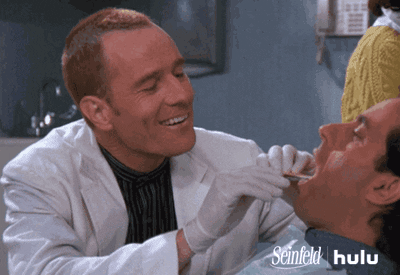
Importance of Regular Dental Exams
1. A Regular Dental Exam Helps Detect and Treat Early Degenerative Conditions of the Teeth and Gums
- They help fight tooth decay and gum disease: Data suggests, if detected early, the progression of conditions like gingivitis and tooth decay can be mitigated with improved hygiene habits and professional treatments.
- Early detection of oral cancer: Heavy smokers, drinkers, and individuals with poor dental hygiene have a higher risk. Regular check-ups can allow for early intervention leading to potentially better outcomes.
- Prevention of tooth damage: Symptoms like tooth sensitivity or discoloration could indicate conditions such as chipped or loose teeth. If untreated, it can lead to enamel erosion, decay, and tooth loss.
- Check on overall oral health: Examinations assess the gums, teeth, and jaw, aiding the prevention of painful and expensive oral health issues.
2. Regular Dental Exams Help Identify and Treat Tartar and Plaque Buildup
While brushing and flossing daily is essential, regular dental exams play a crucial role in maintaining your oral health. Let’s dive into the importance of these exams in detecting and handling tartar and plaque buildup.
- Dental exams help identify oral health problems early, making treatment easier.
- Brushing and flossing alone can’t reach deep crevices where tartar and plaque might build, but professional cleanings can.
- Neglecting regular dental exams may lead to decay and cavities regardless of your otherwise healthy lifestyle.
- Dental check-ups with trained experts provide complete prevention of tartar and plaque buildup, ensuring healthier teeth.
- Timely dental cleanings protect your mouth from diseases and decay by effectively eliminating hardened tartar.

3. They Allow the Dental Health Care Provider to Keep Track of the Development of the Child’s Teeth
- Check-ups begin after the first birthday and involve examining the child’s teeth and gums for decay or disease.
- Pediatric dentists collaborate with your general dentist and pediatrician to develop thorough care plans.
- Advice on oral hygiene and protection against dental concerns like bruxism and trauma could be given.
- Regular check-ups, typically twice a year, are essential and may include X-rays for observing dental issues within the teeth.
- Dental cleaning commences at age three, helping to maintain baby teeth health and guard against gum disease.
- Dentists may propose molar sealants for children to prevent cavities in difficult-to-brush areas.
4. Dental Exams Provide an Opportunity to Educate Patients About Good Oral Hygiene Habits
The dentist’s team imparts enlightening tips about brushing, flossing, and other hygiene practice essentials. They may suggest protective steps against potential oral health threats such as bruxism and dental trauma.
Dentists provide personalized plans of action tailored to each patient’s oral health concerns. Regular dental check-ups allow professionals to monitor improvements and offer positive reinforcement.
For instance, a patient reducing plaque build-up may receive praise and be given further advice to enhance results. The dental check-up is both a preventive strategy and an educational session.
5. They Allow for Assessment of the Need for Orthodontic Treatment
- During dental exams, professionals assess your oral health, looking beyond mere cosmetic concerns. They identify oral health problems within the teeth, which may require orthodontic treatment.
- Dental X-rays, recommended by the American Academy of Pediatric Dentistry, enhance the early detection of dental abnormalities. These can lay a robust foundation for future orthodontic procedures.
- Dental staff may also observe signs of pain or discomfort that signal a bigger issue such as tooth decay. Prompt addressing of these issues typically prevents further complications.
- For instance, if your teeth require straightening, your dentist, upon detection, can refer you to an orthodontist.
6. They Provide an Opportunity to Assess the Effectiveness of Previous Treatments
When was your last dental check-up? If it’s been a while, you’ll want to schedule an appointment right away, because regular dental exams are crucial in assessing the effectiveness of your previous treatments.
- Regular dental exams can highlight the success of past treatments, such as fillings, veneers, or even implants.
- Dental professionals may ask a series of questions to understand any new oral health concerns, perspective on previous treatments, or goals you have for your smile.
- Regular check-ups also assist in detecting any potential problems early when they are typically easier and more cost-effective to treat. For example, a small cavity caught on time can prevent the need for more invasive procedures like root canal treatment.
- Preventive care is affordable and reduces the likelihood of expensive treatments in the future.
7. Dental Exams Allow the Dental Health Care Provider to Give Advice on How to Deal With Specific Conditions, Such as Acid Reflux
Regular dental exams are crucial for those living with acid reflux, as this condition can lead to oral health problems such as tooth erosion. By having regular check-ups, potential issues can be identified early, making treatment more manageable.
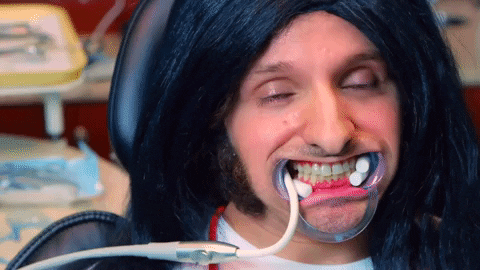
What to Expect During a Dental Exam
1. Examination of Teeth and Gums
- Your dentist or hygienist begins by inspecting every tooth, gum, cheek, and tongue using specific dental instruments for optimum detail.
- Expect diagnostic x-rays which are vital for detecting decay, tumors, cysts, and bone loss. They also allow the dentist to scrutinize tooth and root positioning.
- Be ready for an oral cancer screening, which involves checking various parts of your face, neck, lips, tissues, and gums.
- Your gums and bone levels around your teeth will be evaluated for any signs of periodontal or gum disease.
- All tooth surfaces are checked for decay.
- Any existing dental restorations such as fillings and crowns are reviewed.
2. Gum Disease Screening
- The dentist will thoroughly inspect your mouth. With the use of a small mirror, he/she will be guided around your gums and teeth to detect any potential issues.
- The dentist will specifically look for any signs of gum diseases like gingivitis. This condition results in red, inflamed gums that tend to bleed during brushing or flossing.
- If a severe condition like periodontitis or advanced gum disease is detected, the dentist will discuss the necessary treatment options with you to prevent tooth loss and further damage.
- It’s important to know that everyone with periodontal disease started with gingivitis but not everyone with gingivitis gets periodontal disease.
- In case you suspect you have gingivitis or any other gum disease, set up an appointment with your dentist immediately.
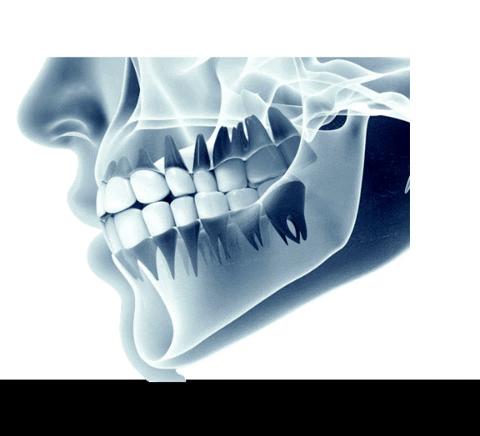
3. X-Rays
- Your dentist begins the oral examination process, which may include dental x-rays. These are non-invasive and completely safe.
- The X-rays help detect cysts, decay, tumors, bone loss, and the positions of your teeth and roots. Don’t worry, the radiation dose is very minimal!
- Your dentist might take a closer look at your existing restorations like crowns and fillings, checking for any repairs or replacements that might be needed.
4. Dental Cleaning
- Your dentist will start the cleaning process by physically scraping the plaque off your teeth using a metal scaler or ultrasonic equipment.
- A water and suction tool will then be utilized to remove residue and debris.
- Afterward, your dentist will polish your teeth using special toothpaste and dental floss.
Expert tips:
- Dental cleanings should be scheduled every three to six months depending on your oral health conditions.
- Dentists often provide advice and techniques post-cleaning to promote effective at-home oral hygiene.
- Lastly, don’t shy away from discussing dental anxiety with your dentist as many offer sedation options to ensure comfort during your visit.
5. Tartar Removal
- A dental hygienist begins with a small mirror to guide them and a scaler to eliminate the plaque and tartar around your gum line and between your teeth.
- Scraping noises are standard, and the hygienist might spend extra time on heavily tartared spots.
- Regular brushing and flossing can prevent excessive tartar build-up; however, professional cleaning is necessary to remove hardened tartar.
- The dentist polishes the teeth with a high-powered electric toothbrush and gritty toothpaste, effectively removing remaining plaque and tartar post-scaling.
- Finally, a thorough examination is conducted to check potential dental conditions, aided by advanced imaging technology.
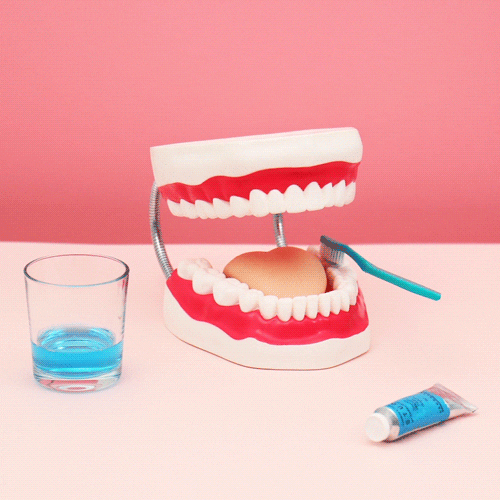
6. Fluoride Treatment
- Fluoride treatment is the final step in a dental exam that helps protect your teeth against cavities for several months. This protector comes in a variety of flavors that you can select.
- Your dental hygienist places a foamy gel or sticky paste into a mouthpiece that fits over your teeth. It is left on for about a minute.
- Another method involves painting fluoride varnish onto your teeth which hardens as soon as it contacts saliva, allowing you to consume food and drinks immediately.
- After the treatment, you rinse your mouth, often with a liquid fluoride rinse, to remove any lingering debris. This also leaves a thin protective coating around your mouth and gums.
- Keep in mind despite daily oral care routine, regular dental exams involving fluoride treatments are essential for maintaining your overall oral health.
7. Talking About Oral Hygiene Habits
During a dental exam, you and your dentist will discuss and evaluate your oral hygiene habits. This important conversation aims to ensure your teeth and gums remain in the best possible condition.
- First, expect an open discussion about your current dental routine.
- Your dentist will then evaluate the effectiveness of your routine by carefully examining your mouth.
- It’s normal to talk about concerns you have, like recurring cavities or teeth grinding.
- The dentist may provide insights on advancements, using digital X-rays for a detailed view of your oral condition.
- You’re encouraged to ask questions, such as the proper way to brush and floss.
- Your dentist might also suggest switching to a soft-bristled brush or using fluoride toothpaste.
- Discussing dietary habits is crucial, as foods high in sugar can impact oral health.
- Regular teeth cleaning is also covered, it’s typically recommended every six months.
- If you are a smoker, expect a conversation about the risks of gum disease.
- And finally, the session will conclude with a curated care plan for you to follow before your next visit.

8. Treatments if Needed
After your dental exam, you may require different treatments based on the health of your teeth and gums. Understanding these treatments can help prepare you for your next visit and help maintain your oral health.
- Regular teeth cleaning: A necessary part of maintaining oral hygiene, typically costs between $75-$200.
- Laser therapy: Used for treating gum diseases, can cost between $200-$500.
- Periodontal therapy: Needed for severe gum diseases, costs range from $500 to $10,000.
- Tooth whitening: Cosmetic procedure costing between $300-$1,000.
- Fillings, crowns, and bridges: Vary greatly depending on the nature of the issue, and could range from $100 to $3,000.
Preparing for these treatments might involve adjusting your oral hygiene routine or discussing anesthetic options with your dentist. Remember, proactive care is often the most economically and physically comfortable option. Regular check-ups can help prevent serious issues and costly treatments.
How Often Should You Have a Dental Exam?
Looking after your oral health is a crucial aspect of your overall wellness, isn’t it? Having regular dental exams is an essential part of maintaining strong, healthy teeth and gums. Depending on your unique health circumstances, your dentist might suggest different frequencies for these exams.
Typically, here’s what experts recommend:
- Aim for a routine dental exam every six months.
- If you have gum disease, cavities, or a family history of oral problems, you might need more frequent check-ups.
- Certain health conditions that increase the risk for oral issues also warrant more regular exams. These include diabetes, heart disease, HIV, and conditions that affect your immune system.
- Medications leading to a dry mouth, smoking, and pregnancy (which increases your risk for gum disease) also necessitate frequent visits to the dentist.
- For babies, their first dental appointment should be within six months of getting their first tooth, or by their first birthday.

Tips for a Successful Dental Exam
Taking care of your oral health is essential, and regular dental exams play a crucial role in that pursuit. Preparing for a dental exam isn’t just about brushing your teeth right before you leave – it involves understanding what the process involves. Here are some key steps to remember.
- Begin with filling out a patient questionnaire detailing your oral health history.
- Meet your dedicated hygienist, who will meticulously clean your teeth and remove tartar and plaque.
- After your cleaning, you’ll proceed to meet your dentist.
- Your dentist will then perform a comprehensive oral check-up which involves evaluating your gums, soft palette, neck, etc. for any irregularities.
- X-rays might be ordered for a detailed inspection.
- Any existing dental work you have, such as fillings or crowns, will be thoroughly assessed.
- Expert tip: Make sure to ask all your doubts and be open about your oral habits to allow your dentist to provide tailored advice for maintaining oral health.
Remember, a dental exam is your proactive step towards keeping your oral health on point.
- Dental Visits Transformed: Meet Ollie, the Dentist Therapy Dog Making Dental Visits a Walk in the Park 🐾 - February 16, 2024
- What is a Dental Exam and How Often Should You Have One? - September 11, 2023
- Dental Fluoride Treatment: The Best Way To Prevent Tooth Decay - August 31, 2022

